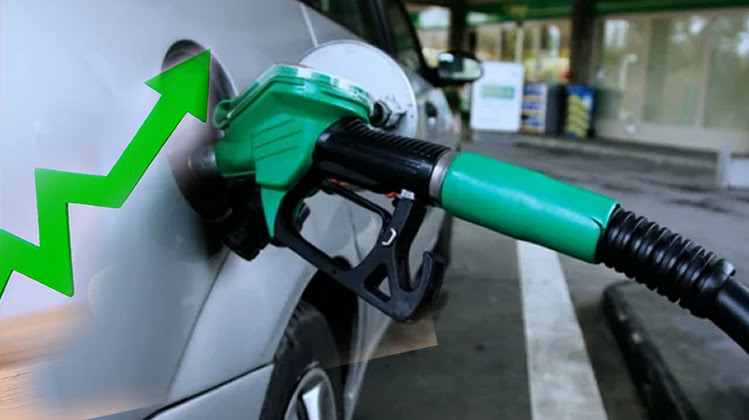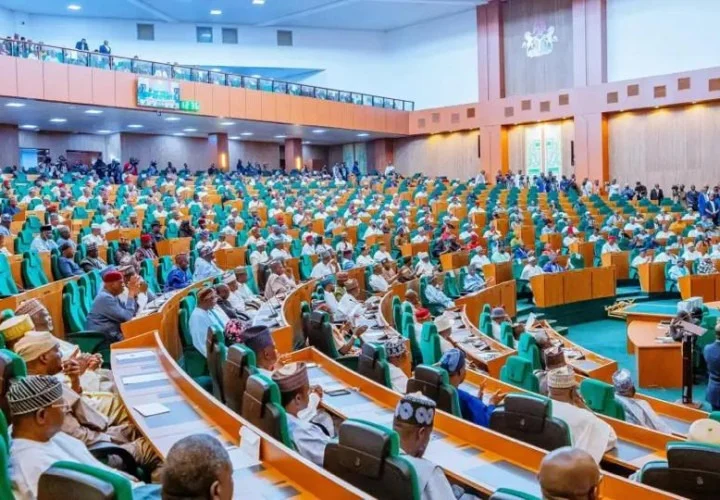The recent drop in the landing cost of imported Premium Motor Spirit (petrol) to N797 per litre is a significant development in the Nigerian economy, and it has far-reaching implications for the country's economic growth and development. The reduction in price is a result of a recurring price war in the downstream oil sector, which has been fueled by the emergence of new players, including the Dangote refinery. The Dangote refinery's decision to reduce the loading cost of its petrol from N1,030 per litre to N797 per litre has sent a ripple effect throughout the industry, with other players being forced to adjust their prices to remain competitive. This price reduction is a welcome development, as it will help to reduce the cost of transportation, which is a critical component of the country's economy. The fact that some states in Nigeria now have oil refineries and are working together to produce petrol is a significant milestone in the country's economic development. This development has helped to reduce the country's reliance on imported petrol, which has been a major drain on the country's foreign exchange reserves. With the emergence of local refineries, Nigeria is now able to produce a significant portion of its petrol needs, which has helped to stabilize the price of the commodity. The reduction in the cost of petrol will have a positive impact on the country's transportation sector, as it will make it easier and more affordable for people and goods to move around the country. This, in turn, will help to stimulate economic growth, as businesses will be able to operate more efficiently and effectively. The reduction in transportation costs will also help to reduce the cost of other goods and services, making them more affordable for consumers. The impact of this development on employment cannot be overstated. With the cost of petrol decreasing, businesses will be able to operate more efficiently, which will lead to an increase in employment opportunities. The reduction in the cost of petrol will also lead to an increase in economic activity, which will create more jobs and stimulate economic growth. This is particularly significant for young people, who are often the most affected by high unemployment rates. Furthermore, the reduction in the cost of petrol is also expected to lead to a decrease in crime. With the cost of living decreasing, people will be less likely to engage in criminal activities, such as robbery and theft, as they will be able to afford the basic necessities of life. This is a significant development, as it will help to improve the overall security situation in the country. The fact that prices are dropping almost every day is a clear indication that the economy is on the right track. This is a sign that the government's economic policies are working, and that the country is making progress in terms of economic development. The reduction in the cost of petrol is a significant development, and it is a testament to the progress that Nigeria is making in terms of economic development. In addition to the economic benefits, the reduction in the cost of petrol will also have a positive impact on the country's infrastructure development. With the cost of transportation decreasing, the government will be able to allocate more resources to infrastructure development, such as road construction and maintenance. This will help to improve the country's transportation network, making it easier and more efficient for people and goods to move around the country. The reduction in the cost of petrol will also have a positive impact on the country's agricultural sector. With the cost of transportation decreasing, farmers will be able to transport their goods to market more easily and affordably, which will help to increase their income and stimulate agricultural production. This, in turn, will help to improve food security and reduce poverty in the country. In conclusion, the reduction in the landing cost of imported Premium Motor Spirit (petrol) to N797 per litre is a significant development in the Nigerian economy, and it has far-reaching implications for the country's economic growth and development. The emergence of local refineries and the reduction in the cost of petrol will help to stimulate economic growth, create employment opportunities, and reduce crime. The fact that prices are dropping almost every day is a clear indication that the economy is on the right track, and that the government's economic policies are working. As the country continues to make progress in terms of economic development, it is likely that the cost of petrol will continue to decrease, which will have a positive impact on the country's economy and infrastructure development.










